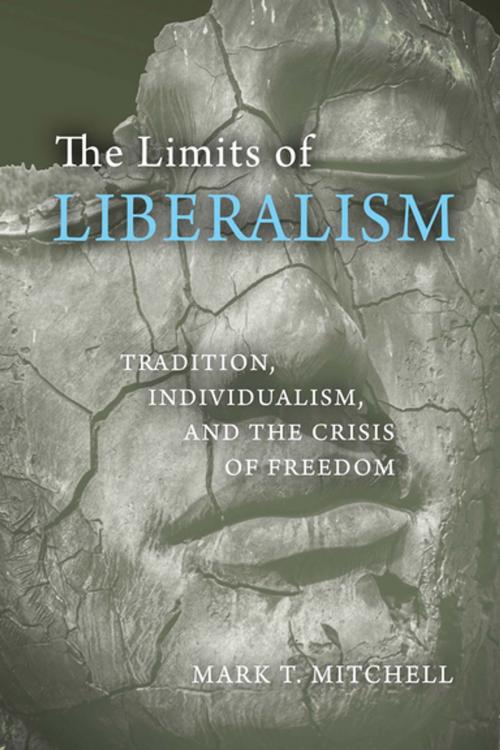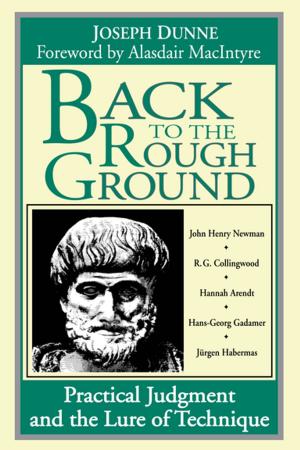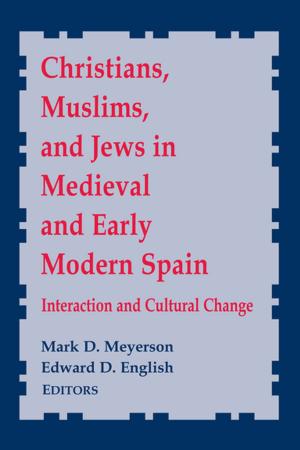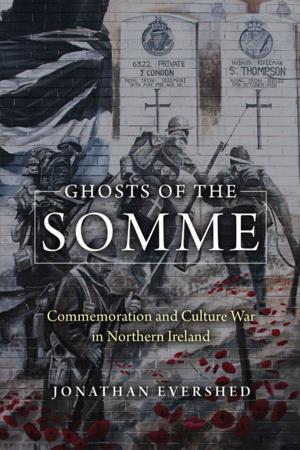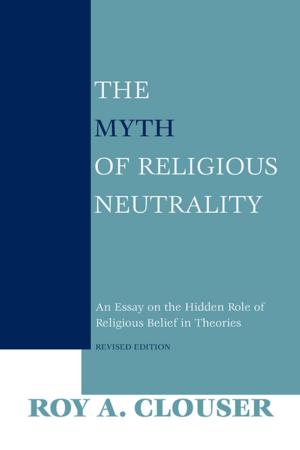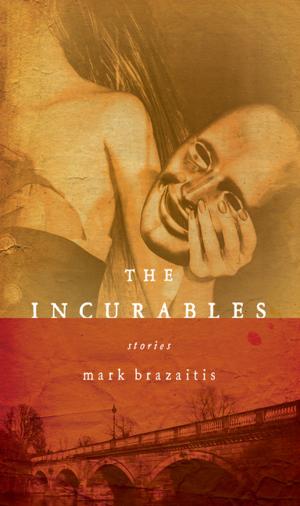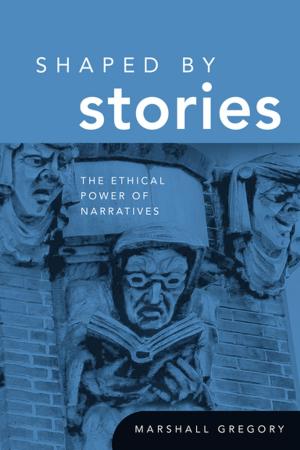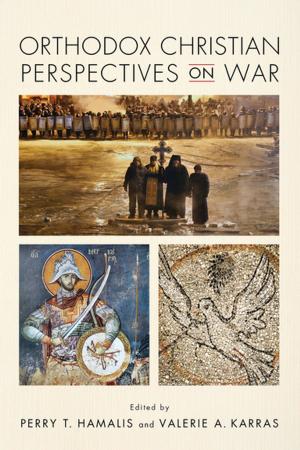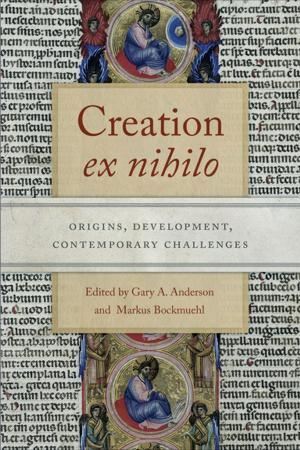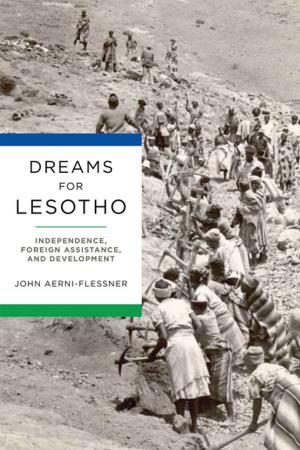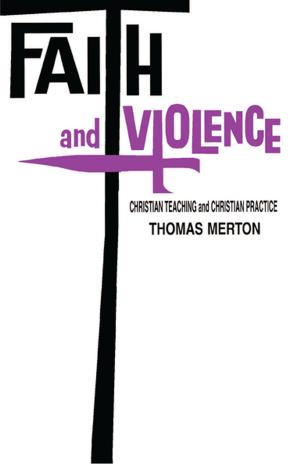The Limits of Liberalism
Tradition, Individualism, and the Crisis of Freedom
Nonfiction, Religion & Spirituality, Philosophy, Modern, Social & Cultural Studies, Political Science, Politics, History & Theory| Author: | Mark T. Mitchell | ISBN: | 9780268104320 |
| Publisher: | University of Notre Dame Press | Publication: | November 30, 2018 |
| Imprint: | University of Notre Dame Press | Language: | English |
| Author: | Mark T. Mitchell |
| ISBN: | 9780268104320 |
| Publisher: | University of Notre Dame Press |
| Publication: | November 30, 2018 |
| Imprint: | University of Notre Dame Press |
| Language: | English |
In The Limits of Liberalism, Mark T. Mitchell argues that a rejection of tradition is both philosophically incoherent and politically harmful. This false conception of tradition helps to facilitate both liberal cosmopolitanism and identity politics. The incoherencies are revealed through an investigation of the works of Michael Oakeshott, Alasdair MacIntyre, and Michael Polanyi.
Mitchell demonstrates that the rejection of tradition as an epistemic necessity has produced a false conception of the human person—the liberal self—which in turn has produced a false conception of freedom. This book identifies why most modern thinkers have denied the essential role of tradition and explains how tradition can be restored to its proper place.
Oakeshott, MacIntyre, and Polanyi all, in various ways, emphasize the necessity of tradition, and although these thinkers approach tradition in different ways, Mitchell finds useful elements within each to build an argument for a reconstructed view of tradition and, as a result, a reconstructed view of freedom. Mitchell argues that only by finding an alternative to the liberal self can we escape the incoherencies and pathologies inherent therein.
This book will appeal to undergraduates, graduate students, professional scholars, and educated laypersons in the history of ideas and late modern culture.
In The Limits of Liberalism, Mark T. Mitchell argues that a rejection of tradition is both philosophically incoherent and politically harmful. This false conception of tradition helps to facilitate both liberal cosmopolitanism and identity politics. The incoherencies are revealed through an investigation of the works of Michael Oakeshott, Alasdair MacIntyre, and Michael Polanyi.
Mitchell demonstrates that the rejection of tradition as an epistemic necessity has produced a false conception of the human person—the liberal self—which in turn has produced a false conception of freedom. This book identifies why most modern thinkers have denied the essential role of tradition and explains how tradition can be restored to its proper place.
Oakeshott, MacIntyre, and Polanyi all, in various ways, emphasize the necessity of tradition, and although these thinkers approach tradition in different ways, Mitchell finds useful elements within each to build an argument for a reconstructed view of tradition and, as a result, a reconstructed view of freedom. Mitchell argues that only by finding an alternative to the liberal self can we escape the incoherencies and pathologies inherent therein.
This book will appeal to undergraduates, graduate students, professional scholars, and educated laypersons in the history of ideas and late modern culture.
